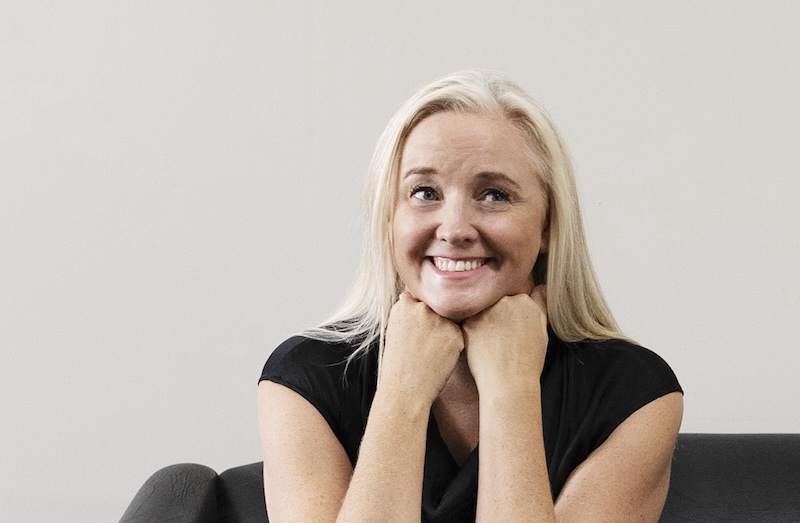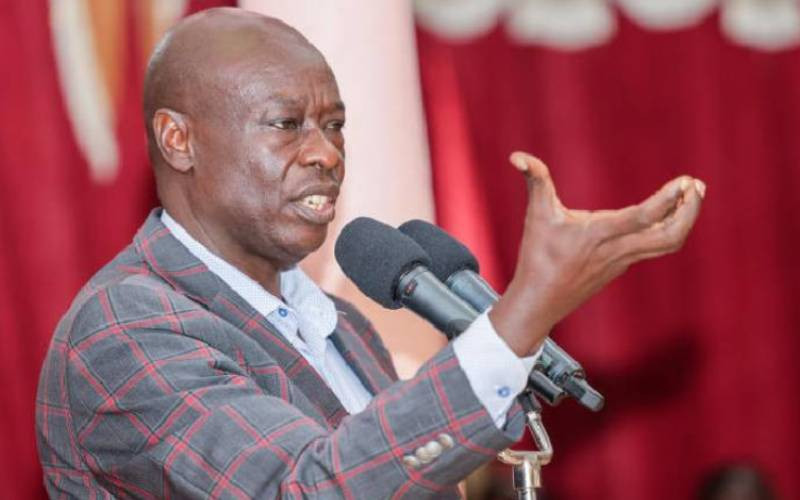US President Joe Biden is set to promise a “substantial” funding commitment to Pacific nations this week, as he courts leaders at a historic White House summit.
But an attempt to have leaders sign up to a US Pacific declaration may have already run into difficulty, with reports the Solomon Islands has taken issue with a planned document that Biden and Pacific leaders are expected to negotiate.
The United States has taken renewed interest in the Pacific since Biden took the presidency, as an increasingly powerful China has sought to build its own influence the region.
Beijing’s signing of a security pact with the Solomon Islands earlier this year, and its subsequent attempt to sign a region-wide security pact, has prompted a campaign of US diplomacy in the region.
READ MORE:
* New Zealand must lead the response to China’s agreement with the Solomon Islands
* Climate change and Ukraine on the agenda for Jacinda Ardern’s trip to the US
* Top American officials meeting in Honiara to discuss China pact with Solomon Islands
Pacific leaders, already in the US for a United Nations meeting last week, will on Thursday be hosted at the White House for a two-day summit that will end with a gala dinner. Many of the Pacific leaders have not been invited to the White House before.
A senior Biden administration official, speaking to reporters on background by phone on Wednesday afternoon, said there was “a huge amount of enthusiastic support” for an expected US-Pacific joint statement, though “there is more work to be done” as leaders met in the coming days.
“We’ve never done anything like this. This is unprecedented,” the official said.
Biden and Secretary of State Antony Blinken were set to announce a new US Pacific Island strategy that would include “substantial” funding for a raft of projects in the Pacific, which will involve the US Peace Corp, USAid, and the Coastguard.
Andrew Harnik/AP
US President Joe Biden will host Pacific leaders at the White House this week.
“Our goal over the next couple of days, fundamentally, is to meet the Pacific Islanders where they live,” the administration official said.
“They’ve made clear to us that they want us as partners on, again, the biggest issues which they view as existential climate change, issues such as helping their economies’ recovery from Covid, and dealing with some of the tyrannies of distance that have been so difficult in many respects across the Pacific.”
The demands of the Pacific were “louder and clearer” than ever before, the official said, and the Biden administration was convinced there was bipartisan support in the US to commit to the region.
He said Pacific leaders raised concerns about the US providing consistent support – across administrations – in every meeting. Previously, similar projects had been launched only to “wither”.
“I can’t deny that this is not a concern … it’s one of those things that the only way it can be dispelled is not through talk but through action.”
Solomon Islands Prime Minister Manasseh Sogavare – who has brought his country closer to Beijing this year – was in Washington DC and was expected to participate in the summit, the official said.
On Wednesday morning, the Australian Broadcasting Corporation reported the Solomon Islands had sent a diplomatic note to other Pacific Island nations attending the White House summit, saying it would not sign up to a declaration as it lacked consensus.
Foreign Minister Nanaia Mahuta said New Zealand’s ambassador to the US, Bede Corry, would attend the summit as an “observer”.
She said Pacific nations knew the US and China had increased interest in the region, and would be “observing very carefully who’s prepared to listen to the views of the Pacific”.
“At the end of the day, what New Zealand is saying is that, rather than create new architecture, engage with the Pacific through the Pacific Island Forum, and it’s important for the US to hear what Pacific views are in relation to the most pressing concerns.”
New Zealand has signed up to the US “Blue Pacific Partners” initiative, which includes “traditional” US allies Australia, Japan and the United Kingdom. Many of the Pacific countries attending the White House summit also attended a meeting of this partnership group that was held in the US last week.
Asked about the Solomon Islands reportedly taking issue with a US joint statement, Mahuta said: “No doubt there will be quite a wide-ranging conversation off the back of that particular forum, the Blue Pacific Partners, and we will too will be listening to the views of the Pacific”.
A Ministry of Foreign Affairs and Trade spokesperson confirmed New Zealand would not be party to the US-Pacific declaration, but was “supportive of increased US engagement in the Pacific”.




















Discussion about this post